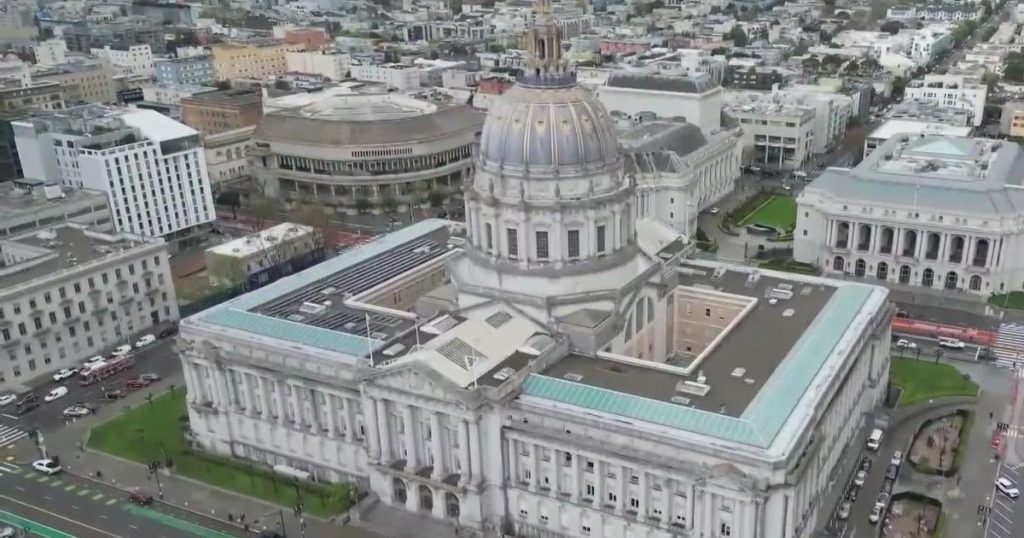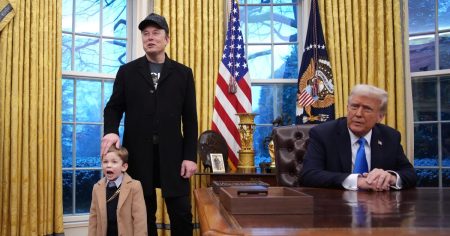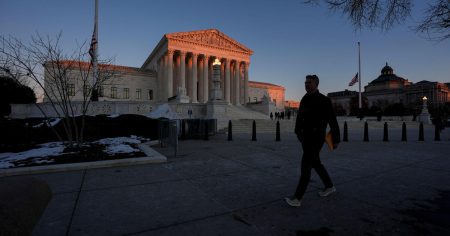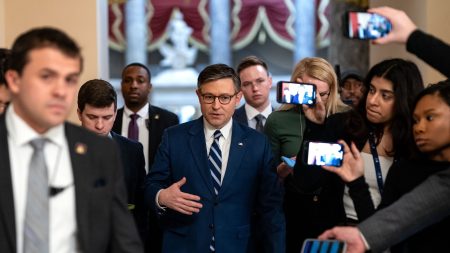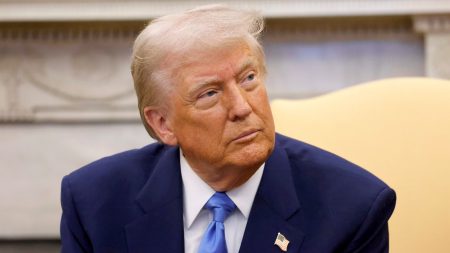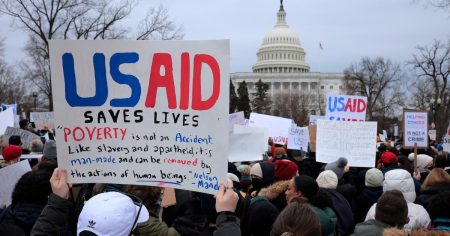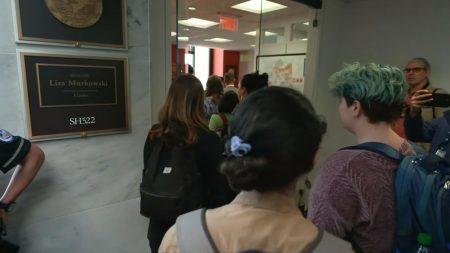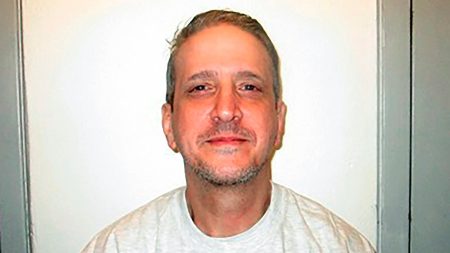Introduction
In a recent turn of events, President Trump held a meeting with Elon Musk at the White House, where he directed federal agencies to comply with the Department of Government Efficiency (DOGE), a task force established to reduce federal spending. This move has sparked significant attention and controversy, particularly following an incident at San Francisco City Hall. Three individuals, donning DOGE shirts and MAGA hats, attempted to access government records, claiming to investigate wasteful spending. Their demands were refused, leading to an ongoing investigation by local authorities. This incident highlights the contentious nature of DOGE’s activities and the broader debate over government transparency and accountability.
The White House Meeting: A New Era of Government Efficiency
During a meeting at the White House, President Trump emphasized the importance of federal agencies complying with DOGE, a task force he recently created. This initiative, spearheaded by Elon Musk, aims to identify and eliminate what the administration deems as inefficient government spending and potential fraud. The meeting underscored Trump’s commitment to streamlining government operations, aligning with his campaign promises of fiscal responsibility. However, the directive has also raised questions about the task force’s authority and the potential for overreach into sensitive areas of governance.
The DOGE Initiative: A Task Force with a Mission
The Department of Government Efficiency, or DOGE, was established by President Trump through an executive order early in his term. Led by Elon Musk, DOGE’s mission is to scrutinize federal contracts and expenditures, particularly in areas such as Diversity, Equity, and Inclusion (DEI) initiatives and foreign aid. Musk and Trump have stated that these areas may not align with the administration’s priorities, justifying the need for DOGE’s oversight. However, this initiative has drawn criticism, with opponents arguing it threatens essential programs and undermines governmental processes.
An Incident at San Francisco City Hall
In a bizarre incident, three men arrived at San Francisco City Hall, identifying themselves as DOGE representatives. Wearing DOGE apparel and MAGA hats, they demanded access to records related to alleged government waste and fraud. City employees refused their requests, prompting the intruders to leave before law enforcement arrived. The San Francisco Sheriff’s Office is investigating the incident, reviewing surveillance footage and pursuing leads to identify the individuals involved. This event has raised concerns about the legitimacy of DOGE’s operations and the potential for misuse of authority.
Investigations andFallout
The San Francisco Sheriff’s Office is actively investigating the City Hall incident, emphasizing that the individuals in question were not authentic representatives of DOGE. This has sparked broader questions about DOGE’s methods and the potential for impersonation or overreach. The task force’s activities, including their access to sensitive data, have drawn scrutiny from various stakeholders, including government officials and legal experts. The ongoing investigation aims to clarify the authority and actions of DOGE, ensuring that its operations remain within legal and ethical boundaries.
LegalBacklash andControversy
DOGE’s creation and activities have faced legal challenges, with a coalition of 14 state attorneys general, including California’s Rob Bonta, filing a lawsuit against the task force. The suit argues that DOGE lacks the legal authority to access and audit federal records, asserting that its actions are causing harm to government operations and public trust. Critics, such as Bonta, have likened DOGE’s approach to "a bull in a china shop," suggesting that Musk and Trump are wielding unchecked power over vital government programs. This backlash underscores the polarizing nature of DOGE and the broader debate over government accountability and transparency.
Implications and Moving Forward
The controversy surrounding DOGE reflects deeper divisions over the role of government and the balance between efficiency and accountability. While proponents argue that DOGE is necessary to root out inefficiency and waste, critics warn of its potential to disrupt essential programs and erode public trust. The incident at San Francisco City Hall and the ensuing legal challenges highlight the need for clear guidelines and oversight to ensure that DOGE’s activities align with the public interest. As the situation continues to unfold, it remains to be seen how DOGE will operate and whether it will achieve its goals without undermining the very systems it aims to improve.





